Controller
Our industrial controllers are designed to provide intelligent, accurate, and reliable control over a wide range of electromechanical and automation systems. Whether you're managing motors, sensors, actuators, or entire production lines, our controllers offer advanced functionality, real-time responsiveness, and seamless integration with industrial networks.We supply various types of controllers including PLC (Programmable Logic Controllers), motion controllers, temperature controllers, and multi-axis control systems. Built for precision and durability, they are ideal for applications in manufacturing, robotics, HVAC, water treatment, and smart infrastructure.With features like programmable logic, user-friendly interfaces, remote monitoring, and connectivity to SCADA/IoT platforms, our controllers help optimize system performance, reduce downtime, and ensure consistent process quality. Each unit is tested for compliance with global standards to guarantee safety and performance in demanding environments.
-
Memory Card
Memory Card
Learn More Now >
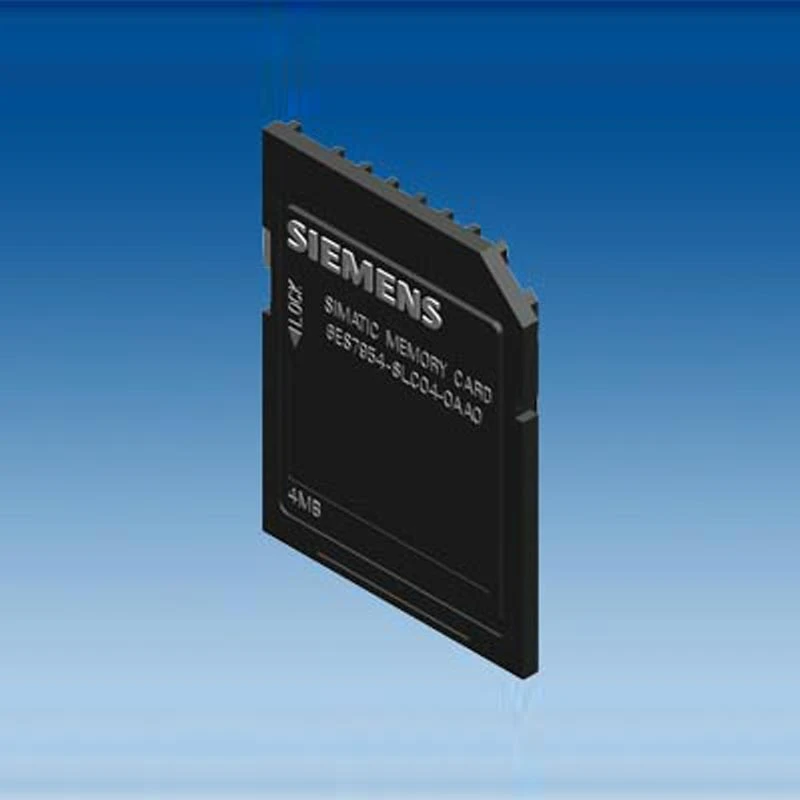
-
Central Processing Unit
Central Processing Unit
Learn More Now >
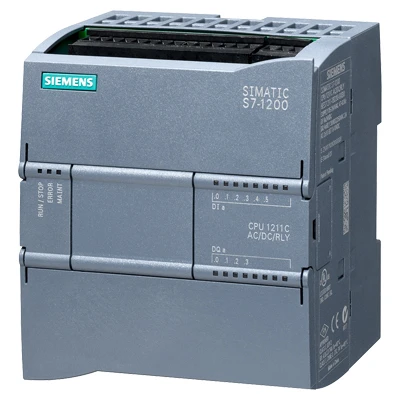
-
S7 300 Memory Card
S7 300 Memory Card
Learn More Now >
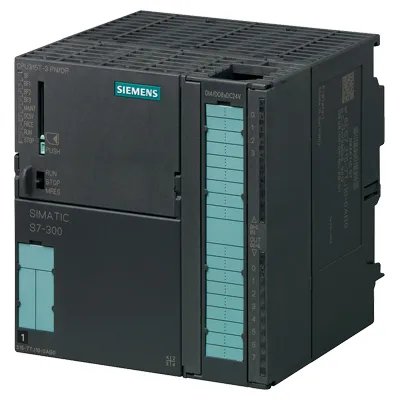
-
Central Processing Unit
Central Processing Unit
Learn More Now >

-
Central Processing Unit
Central Processing Unit
Learn More Now >
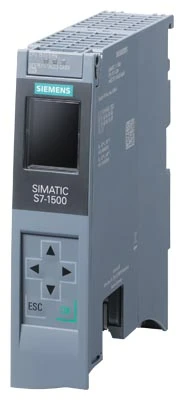
-
Signal Module
Signal Module
Learn More Now >
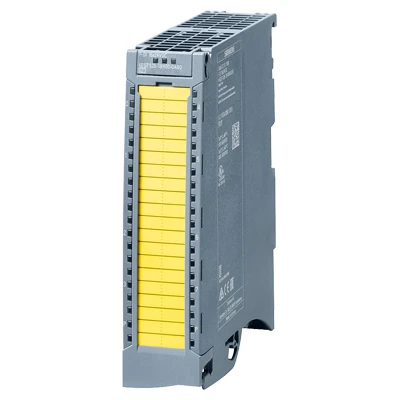
-
Signal Board Module
Signal Board Module
Learn More Now >
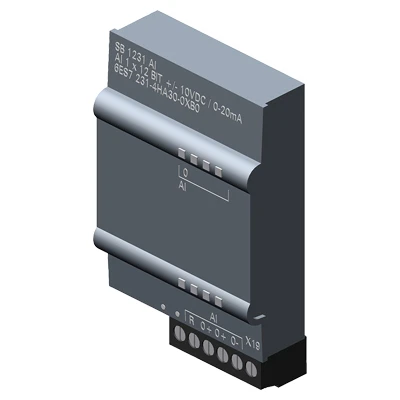
-
Communication Module
Communication Module
Learn More Now >
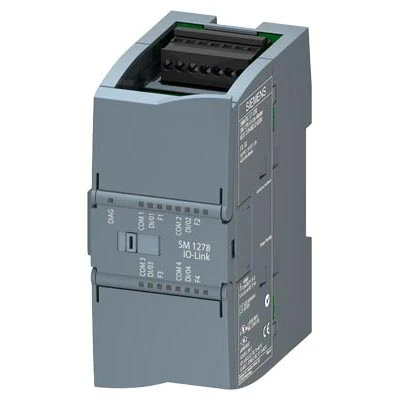
-
Digital Expansion Module
Digital Expansion Module
Learn More Now >
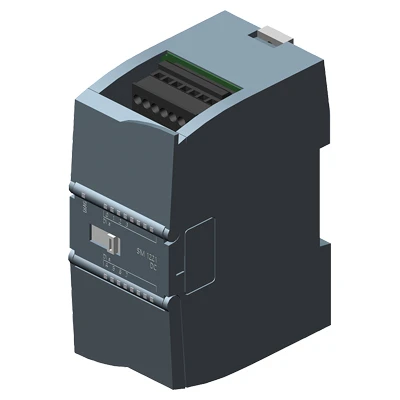
-
Analog Expansion Module
Analog Expansion Module
Learn More Now >
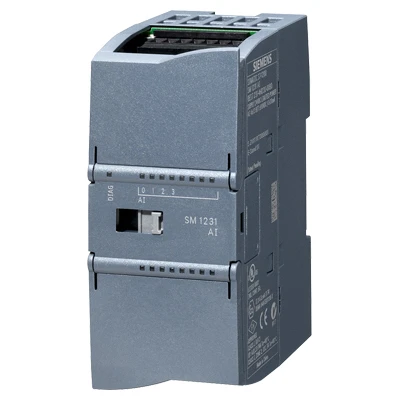
-
Fail-safe Digital Expansion Module
Fail-safe Digital Expansion Module
Learn More Now >
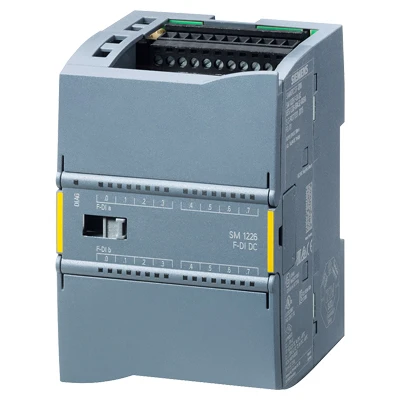
-
Controller S7-300 AI
Controller S7-300 AI
Learn More Now >
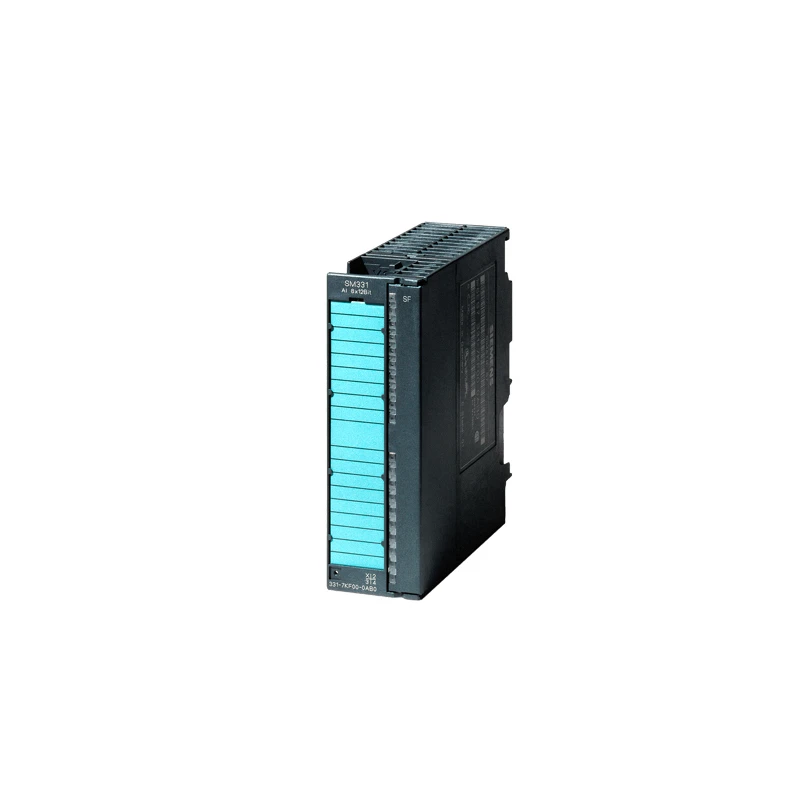
- 1
- 2
- Total: 2
Master Every Process With Intelligent Control Technology
Professionally manage system operations, automation precision, and data-driven decision-making through advanced controller solutions.
Contact UsHow Do Industrial Controllers Improve Automation And Operational Efficiency?
Industrial controllers are the backbone of automation systems, enabling machines and equipment to respond intelligently to changing inputs and process requirements. They provide real-time decision-making capabilities that allow operations to run smoothly, safely, and efficiently.One of the primary advantages of using controllers—especially PLCs and motion controllers—is precision. They interpret data from sensors and user commands to execute complex tasks like timing, counting, switching, and regulating movement or temperature. This results in highly accurate and repeatable outcomes, critical for quality assurance in production environments.Controllers also contribute to cost savings and productivity. By automating repetitive tasks and reducing human error, they help minimize labor costs and operational waste. Modern controllers often come with communication ports and IoT capabilities, allowing them to be integrated into centralized monitoring systems for remote diagnostics, predictive maintenance, and real-time data visualization.Additionally, they offer flexibility—programming can be tailored to specific processes and easily modified as systems evolve. Whether for a single motor or an entire production line, industrial controllers are essential tools for achieving scalable, efficient, and intelligent automation.
Precision Automation Starts With Smarter Control
-
 Real-Time Process ControlEnsure fast, accurate responses with minimal latency for critical operations.
Real-Time Process ControlEnsure fast, accurate responses with minimal latency for critical operations. -
 Flexible Programming OptionsEasily adapt to different workflows and update logic as systems change.
Flexible Programming OptionsEasily adapt to different workflows and update logic as systems change. -
 IoT & SCADA IntegrationCompatible with modern industrial networks for full monitoring and diagnostics.
IoT & SCADA IntegrationCompatible with modern industrial networks for full monitoring and diagnostics. -
 Rugged & ReliableBuilt to perform in harsh environments with strong resistance to dust, heat, and vibration.
Rugged & ReliableBuilt to perform in harsh environments with strong resistance to dust, heat, and vibration.

